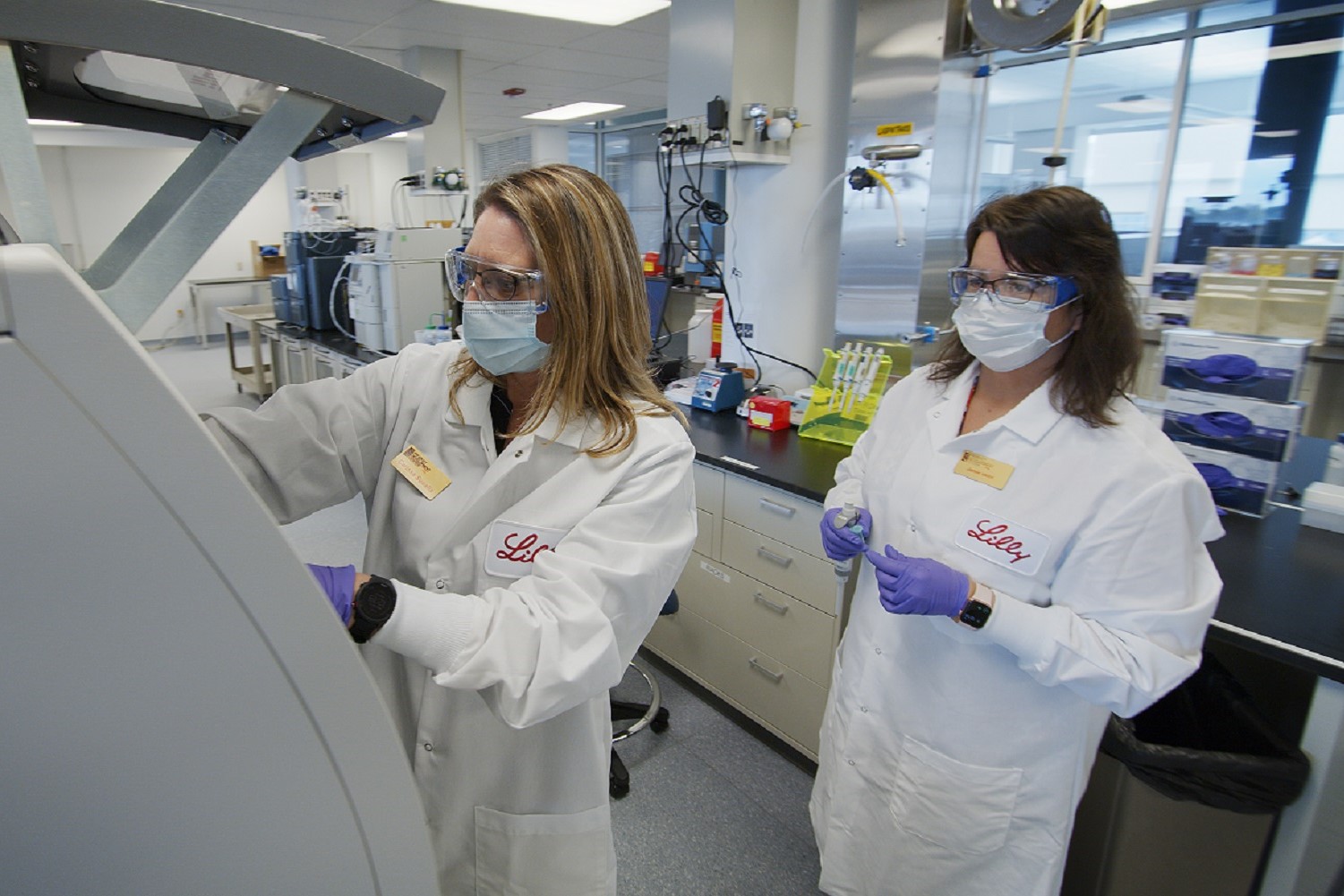Smaller is better. The age of the blockbuster drug is fading. It may seem a bit like falling through the looking glass, but Big Pharma is being forced to evolve in response to a changing healthcare landscape brought on by the Affordable Care Act. Customers are shifting from physicians to payers and the value-add for reimbursement is all important. That’s leading to a rise in more targeted therapeutics in the form of personalized medicine.
Those were some of the major trends Adrian Rawcliffe highlighted in his keynote and a q&a that followed at the healthcare innovation conference Converge. The CFO for GlaxoSmithKline’s North America division emphasized that developing more targeted therapies for smaller patient populations can produce more effective treatments.

With the Rise of AI, What IP Disputes in Healthcare Are Likely to Emerge?
Munck Wilson Mandala Partner Greg Howison shared his perspective on some of the legal ramifications around AI, IP, connected devices and the data they generate, in response to emailed questions.
“The whole idea of what constitutes risk in the pharmaceutical industry has changed,” said Rawcliffe. “It used to be that analysts would look at your pipeline and you got rewarded for having a stable, safe pipeline which meant a load of “me-too” products…Now we are are seeing “me-too” products being punished in the marketplace.”
Rawcliffe sees the industry being forced to take on more risk with more novel treatments. Although success is always the goal, if a drug fails then it’s best to fail early (and thereby cheaply).
He also acknowledged a growing consumerization of healthcare. Customers will have to make tough choices about healthcare and the level of pharmaceutical coverage they want.












